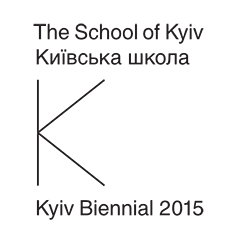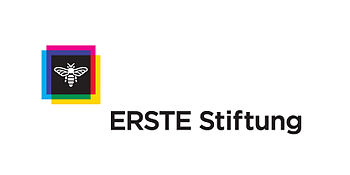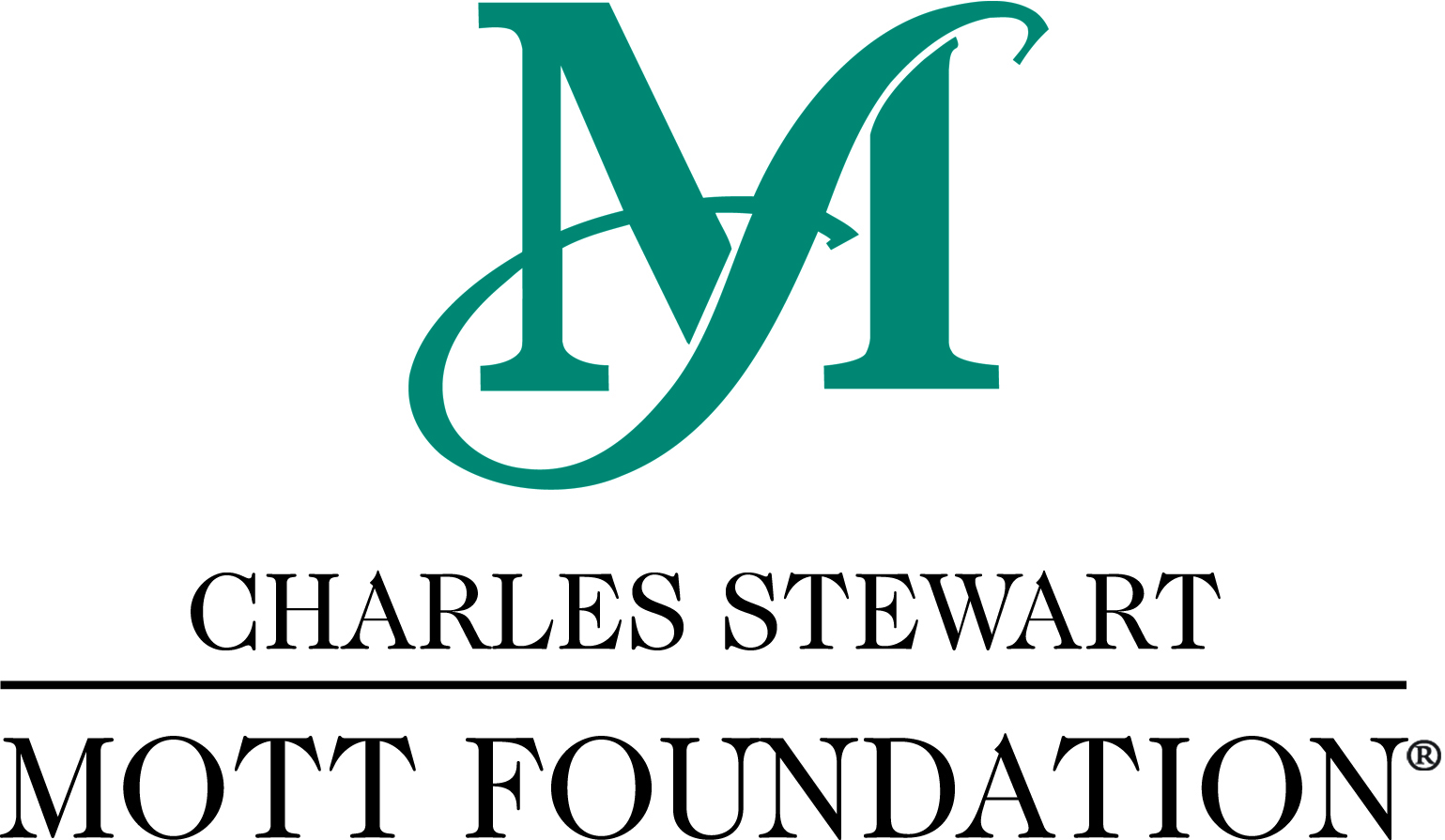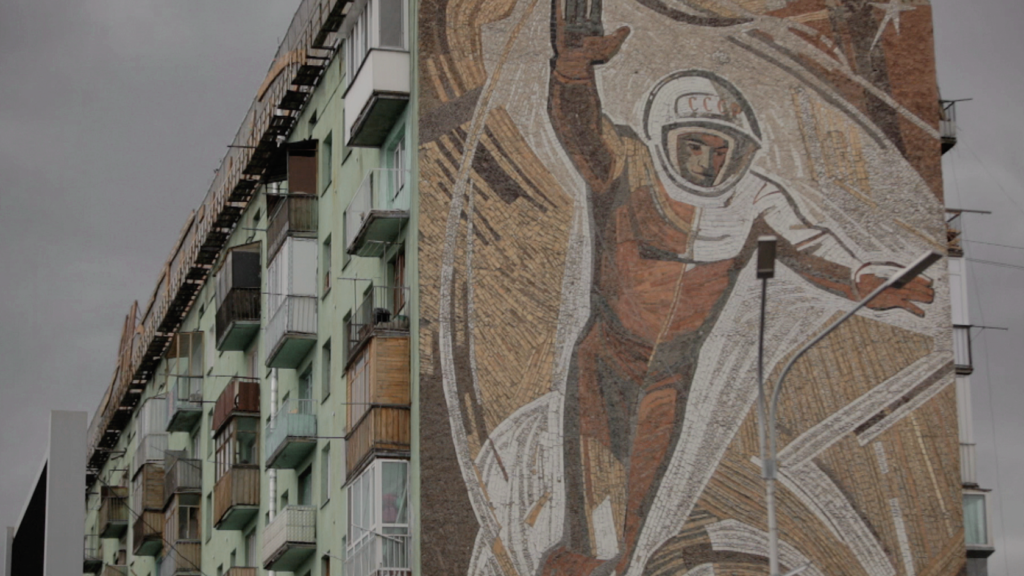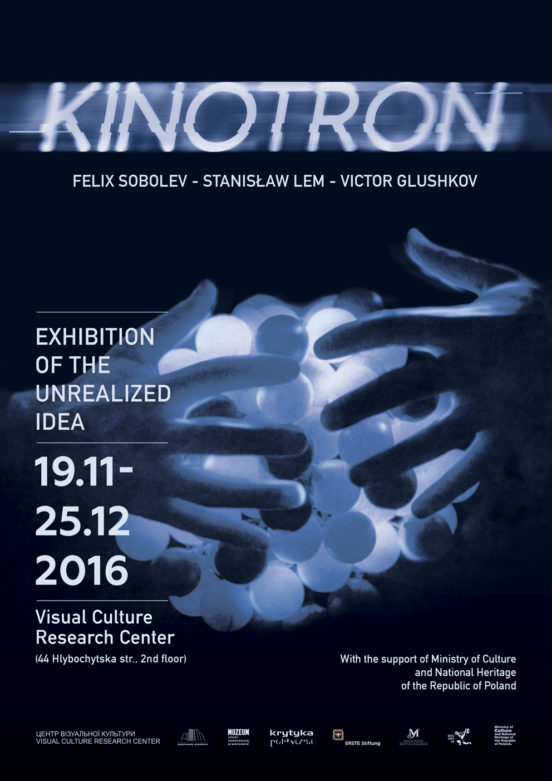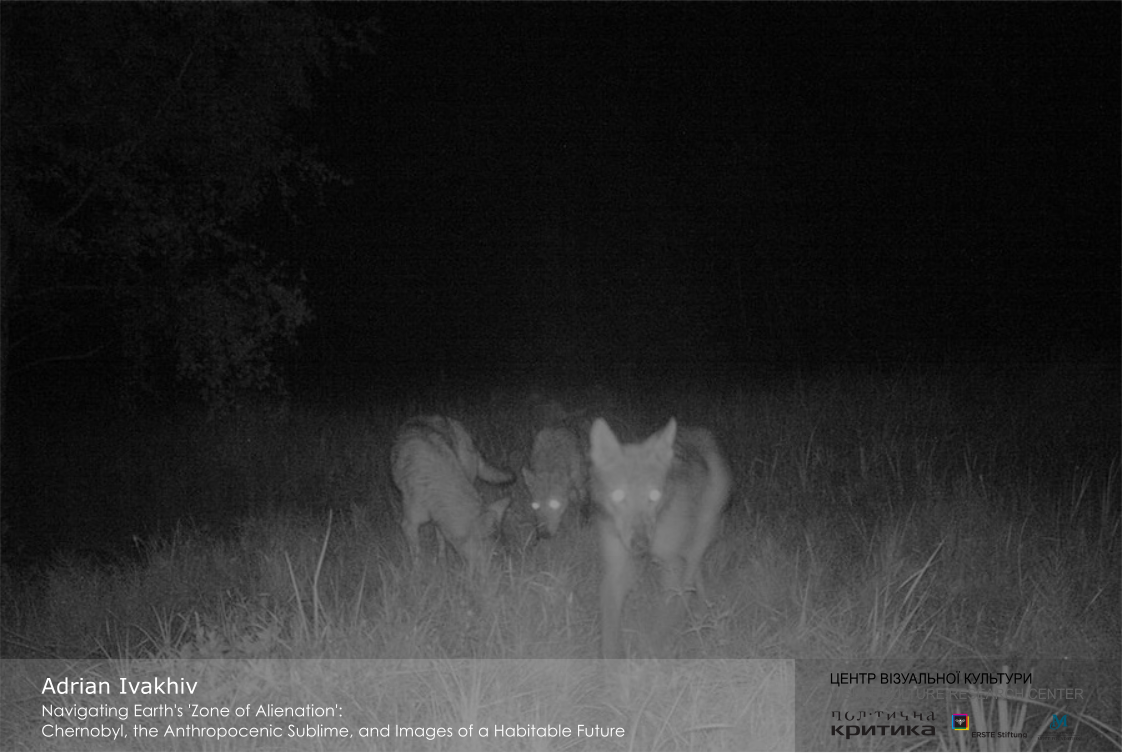Uwe Gössel. Implementation of the project theatre model in Ukrainian cultural space
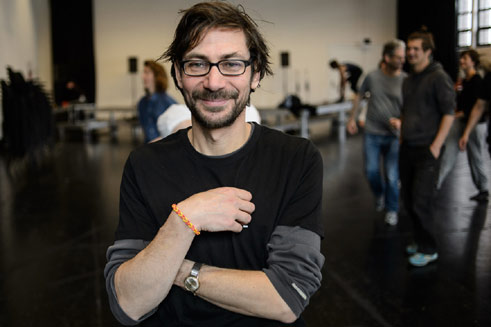
Friday, 9 December 2016, 19:00
The End of Deception project is aimed at the critique of the imitation of reforms and dialogue and creation by the Ukrainian politicians the so called “image for export,” which substitutes the real transformation of state institutions, necessary for Ukraine’s European integration. The highlight of the project is to create the documentary theatre performance The End of Deception. A series of workshops, as well as a discussion on the challenges of reforming theatre industry in Ukraine, will take place within the project’s framework.
At the meeting Uwe Gössel will talk about social effects of the theatre and analyze the documentary theatre form through the example of The End of Deception performance, premiering on December 8.
Uwe Gössel was born in Pforzheim and studied Applied Cultural Studies and Aesthetic Practice at Hildesheim University, graduating with a diploma in Applied Cultural Studies. He was a playwright at the Volkstheater Rostock from 1999 to 2002 and subsequently at the Maxim Gorki Theater Berlin until 2004. Since then he has been a freelance playwright and author. He is a board member of the Dramaturgische Gesellschaft. Uwe Gössel has run the International Forum within the Theatertreffen Berlin since 2006.
Admission is free
Organizers: The End of Deception project, supported by Theatre Platform NGO and Goethe-Institut Ukraine

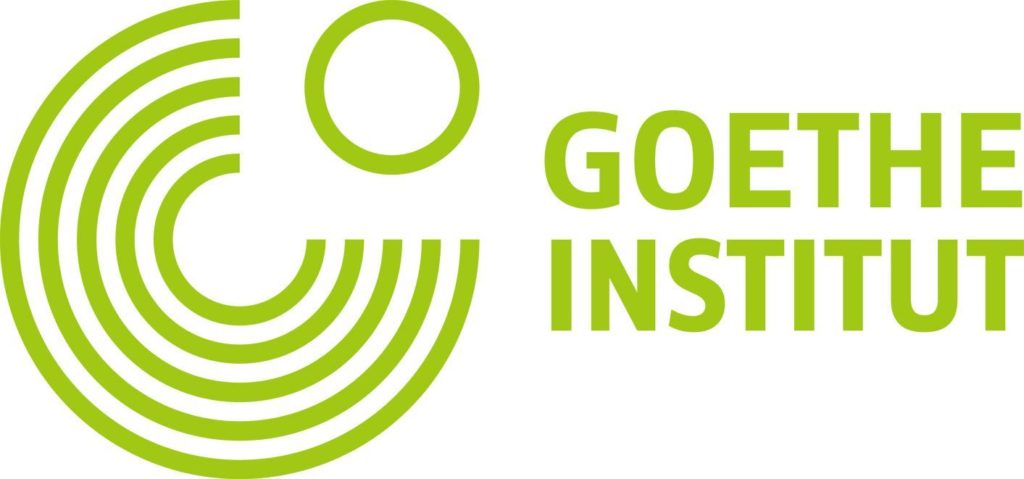
Partners:
Visual Culture Research Center
ETC (European Theatre Convention)
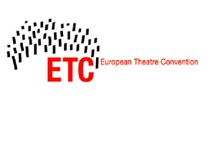
GOGOLFEST, “DAKH” Contemporary Art Theatre

![]()
Lecture by Fabrice Escaffre. Spatial Segregation? The Geographer’s Approach
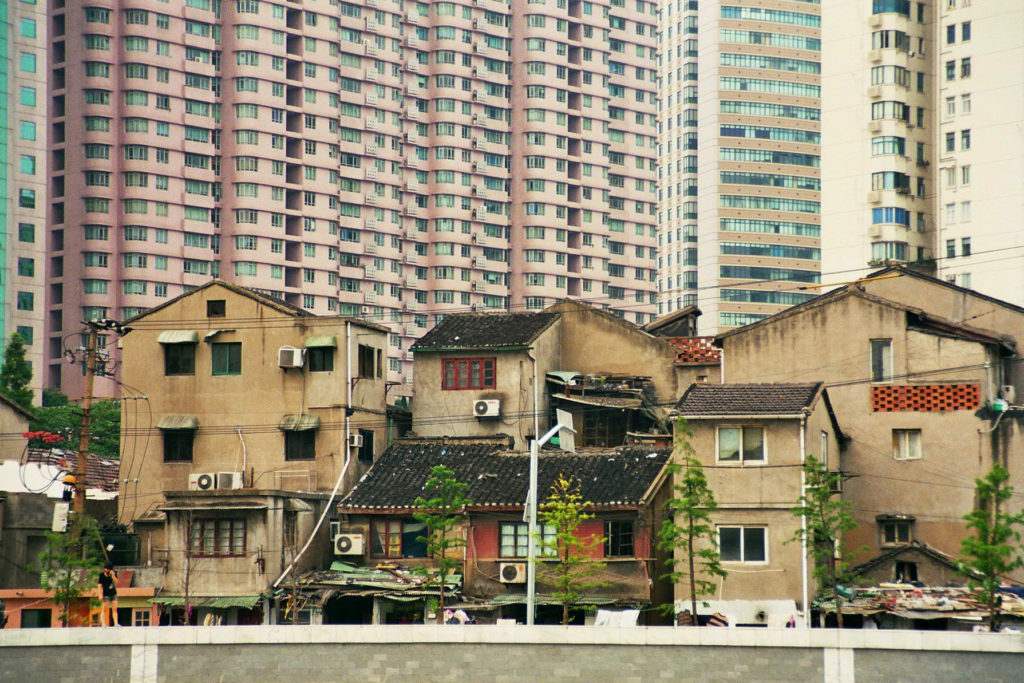
Thursday, 8 December 2016, 19:00
Such notions as “urban ghetto,” “territorial apartheid” are often used in France to talk about social division of urban spaces, more importantly about particular territories, where people with low income rates live. The debates around this issue are very diverse.
Geographer and urban planning expert Fabrice Escaffre will present this problematic and tell how we are to define such situation, how it is to be compared, researched and explained, as well as about social, urban and political questions, raised by it.
Fabrice Escaffre is a professor at the Université Toulouse-Jean Jaurès and a researcher at the Interdisciplinary Center for Urban Studies. He explored the issues in the functioning of public spaces. He is currently conducting a research on housing from the point of view of its use, its place in the construction of territories and its consideration by public action. He has also recently worked on the issue of territorial strategies, particularly towards sensitive aspects of urban environment. Within the Department of Geography-Planning-Environment of Toulouse-Jean Jaurès University, he coordinates the Masters Program “Cities, Housing and Ecological Transition”.
The lecture continues the course City – Discrimination, Segregation, Integration – French Experience, developed by the French Institute in Ukraine, exploring these issues from historical, sociological, and demographic perspectives.
The lecture will be delivered in French with consecutive interpretation into Ukrainian.
Admission is free
Organizer – l’Institut Français d’Ukraine
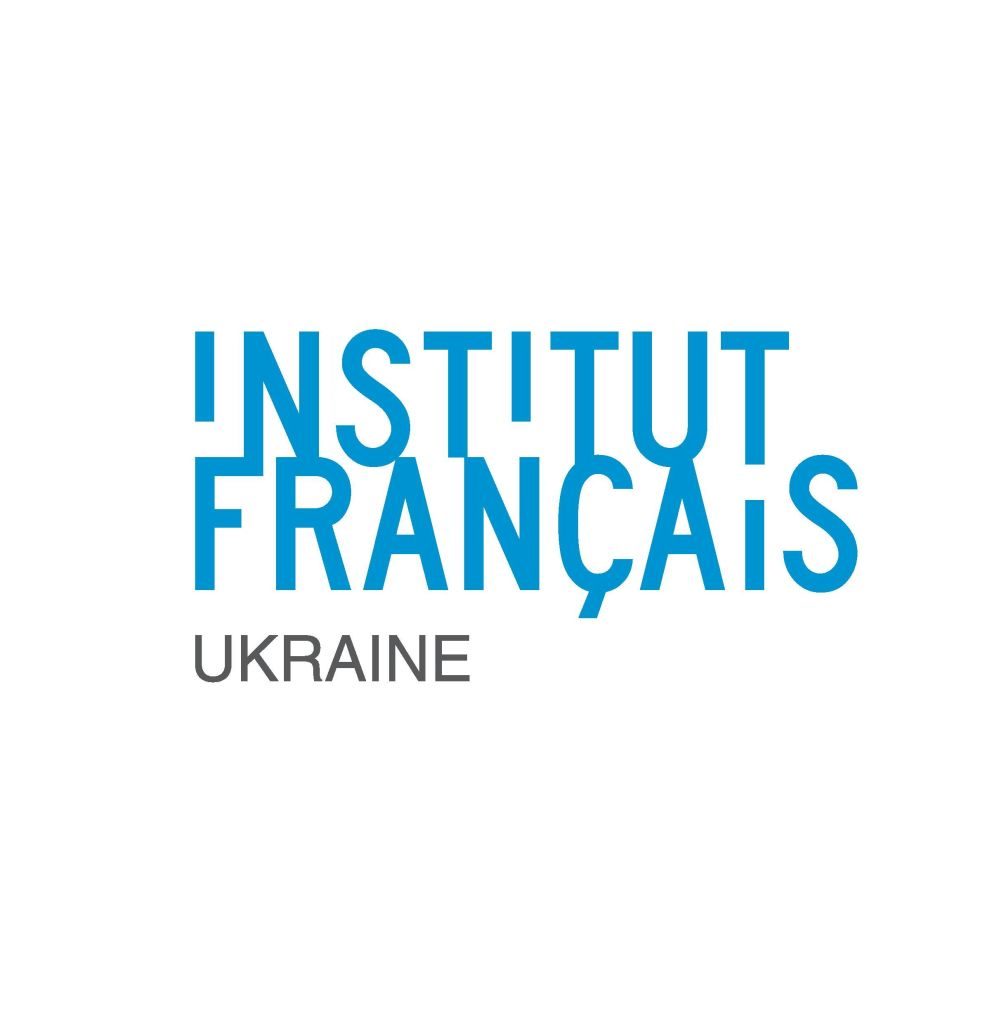
Partner – Visual Culture Research Center
Supported by: ERSTE Stiftung та Charles Stewart Mott Foundation
Screening of The Cosmist Trilogy by Anton Vidokle
Wednesday, December 7th, 2016, 19:00
During the period of 2014-16 the artist Anton Vidokle worked on the series of films about cosmism as a philosophical movement. This Is Cosmos draws on the thinking of the early 20th Century Russian philosophical movement “cosmism.” Filmed in Siberia, Crimea, and Kazakhstan, This Is Cosmos draws on diverse materials including poems, philosophical texts, scientific writings, academic papers, and historical studies. It particularly centers on the writings of the philosopher Nikolai Fedorov, who advocated the development of scientific methods for the radical extension of life, and the resurrection of the dead. For the Russian cosmists, cosmos did not mean outer space: rather, they wanted to create “cosmos” on earth. “To construct a new reality, free of hunger, disease, violence, death, need, inequality – like communism.” Vidokle’s film re-engages this Utopian project, seeking out the traces of such philosophy after the end of the Soviet Union and in the present day.
The second film of Anton Vidokle’s trilogy on Russian cosmism, The Communist Revolution Was Caused By The Sun, looks at the poetic dimension of solar cosmology of Soviet biophysicist, Alexander Chizhevsky. Shot in Kazakhstan, where Chizhevsky was imprisoned and later exiled, the film introduces Сhizhevsky’s research into the impact of solar emissions on human sociology, psychology, politics and economics in the form of wars, revolutions, epidemics and other upheavals. aligns the life of post-soviet rural residents and the futurological projects of Russian cosmism to emphasize that the goal of the early Soviet breakthroughs aimed at the conquest of outer space was not so much technical acceleration, but the common cause of humankind in their struggle against limitations of earthly life.
The last film in Vidokle’s trilogy on Cosmism is a meditation on a museum as the site of resurrection — a central idea for many Cosmist thinkers, scientists and avant-garde artists. Filmed at the State Tretiyakov Gallery, Moscow Zoological Museum, The Lenin Library and The Museum of Revolution, the film looks at museological and archival techniques of collection, restoration and conservation as a means of the material restoration of life, following an essay penned by Nikolai Fedorov on this subject in 1880s.
Anton Vidokle (b. Moscow) is an artist based in New York and Berlin. Vidokle is co-editor of e-flux journal along with Julieta Aranda and Brian Kuan Wood. Vidokle’s work has been exhibited internationally, in venues such as the 56th Venice Biennale (2015) and Documenta 13 (2012). He has directed several films including 2084: A Science Fiction Show (2012-2014) with Pelin Tan, which has been exhibited at the Bergen Assembly (2013), La Biennale de Montréal (2014), the Istanbul Biennial (2015), Home Works 7, Beirut (2015) and the Museum of Modern Art, Warsaw (2016). Vidokle’s series of films on the Russian Cosmists, This Is Cosmos (2014) and The Communist Revolution Was Caused By The Sun (2015) have been exhibited and screened internationally at the Shanghai Biennale (2014) Witte de With, Rotterdam, (2015), the 65th and 66th Berlinale International Film Festival, Forum Expanded (2015, 2016), the Moscow Biennale (2015), the Gwangju Biennale (2016); amongst many others.
The screening takes place within the framework of the exhibition Kinotron.
Admission is free.
Partners: Oleksandr Dovzhenko National Centre

Museum of Modern Art in Warsaw

International Human Rights Documentary Film Festival Docudays UA

Organizers: Visual Culture Research Center, Krytyka Polityczna
Media partners: Українська Правда. Життя, Korydor, Moviegram, Cultprosir, Update, Політична критика
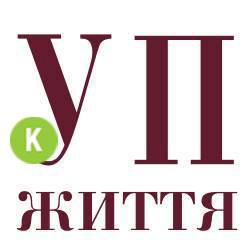
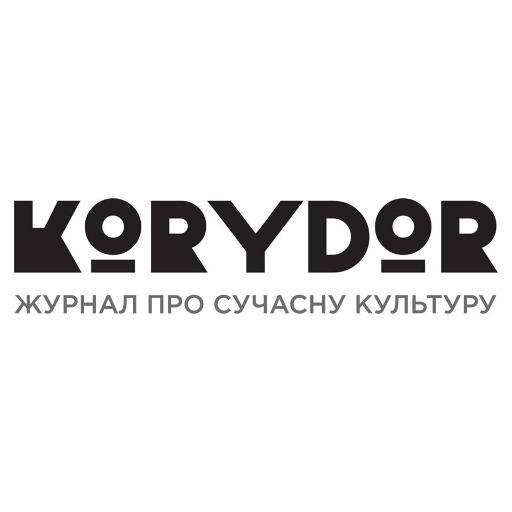
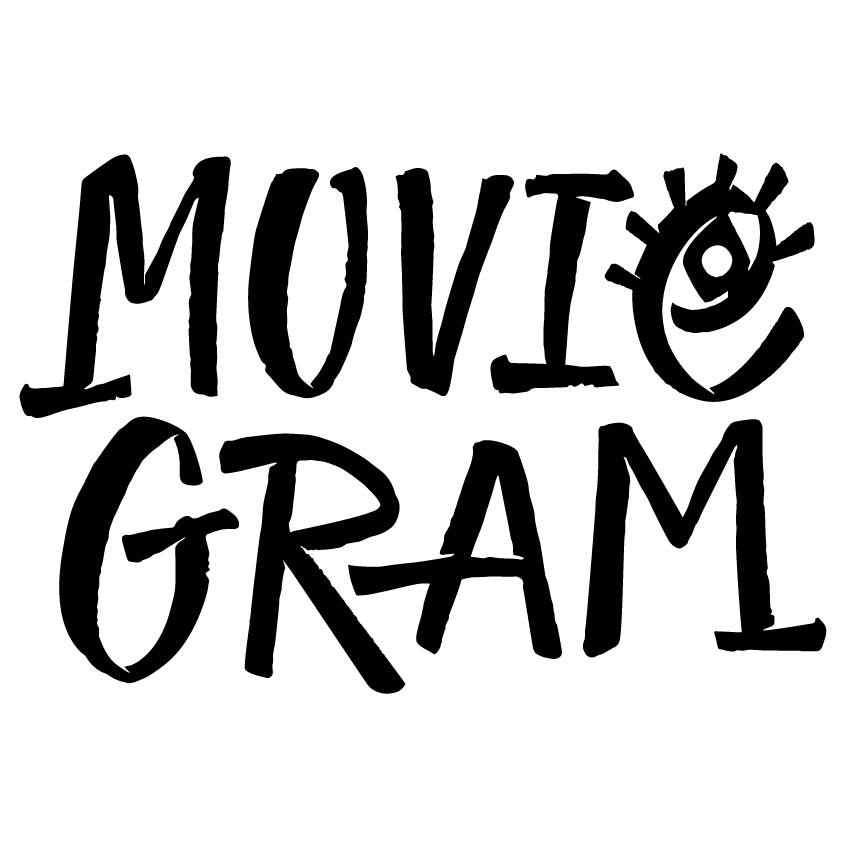

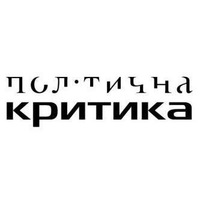
![]()
Lecture by Svitlana Matviyenko. When the Barriers Vanish: Stanisław Lem, Felix Sobolev, and Viktor Glushkov
Sunday, 20 November 2016, 19:00
The lecture within the framework of Kinotron exhibition traces conceptual correlations between the ideas of the three key figures of the scientific-and-technological revolution era in the Soviet bloc countries: science fiction writer Stanisław Lem, filmmaker Felix Sobolev, and the founder of Kyiv Institute of Cybernetics Viktor Glushkov. They are united by their interest in cybernetics as the science of communication, operation and control over complex systems, as well as a quick way to achieve economic, artistic and scientific progress.
In the same time, films by Felix Sobolev demonstrate a fair concern about rapid militarization and automation of war, which have reached a planetary scale. Sobolev’s films often follow the Cold War narrative, allowing him to shift responsibility to an imaginary enemy. However, when he addresses the problem of humanity, or the human as collective notion, it becomes clear that the barrier between “them” and “us” disappears, because the only way to deal with the new type of cybernetic enemy, which has emerged during World War II, is to turn into it, accepting its rules, appropriating its desire, adapting to its behavior.
Svitlana Matviyenko is a media researcher (PhD in History and Philosophy of Technologies and Information Theory, West Ontario University, 2015; and PhD in Theory of Criticism and Film and Media Theory, Missouri University, 2011). She lectures at the Faculty of Information and Media Studies at West Ontario University. She is co-editor (jointly with Paul D. Miller) of the book The Imaginary App (MIT Press, 2014), a collection of studies on mobile applications and cloud computing. Her research interests include parallel histories of cybernetics and psychoanalysis, a phenomenon of a complicit user and media archeology of information war. Recent publications: “Interpassive User: Complicity and the Returns of Cybernetics” (Fibreculture Journal 25 “Apps and Affect”) and “Cinema for A Missing People: Gilles Deleuze’s Crystal Image and Alexander Dovzhenko’s Zvenyhora“. Currently, she works on the book (co-authored by Nick Dyer-Witheford) “Іnformation Wars and Personalized Internet”.
The lecture takes place within the framework of the exhibition Kinotron, opening on Saturday, November 19 and closing on December 25.
The exhibition presents a little-known, yet unique, phenomenon in Ukrainian film history: the experimental works of the representatives of “the Kyiv school of scientific film,” which emerged in the 1960s around a famous filmmaker Felix Sobolev. His films Seven Steps beyond the Horizon, Me and the Others, etc. were the first to show that scientific film can be popular with the mass viewer, being still an experimental synthesis of art and science.
Exhibition concept: Oleksiy Radynski
Research group of the project: Ruslana Koziyenko, Serhiy Klymko, Oleksiy Radynski
Exhibition architect: Oleksandr Burlaka
Admission is free
Opening hours: Tue–Fri, 14:00–20:00; Sat–Sun, 12:00–20:00. Monday – closed.
The exhibition is supported by the Ministry of Culture and National Heritage of the Republic of Poland

Partners: Oleksandr Dovzhenko National Centre

Museum of Modern Art in Warsaw

International Human Rights Documentary Film Festival Docudays UA

Organizers: Visual Culture Research Center, Krytyka Polityczna
Media partners: Українська Правда. Життя, Korydor, Moviegram, Cultprosir, Update, Політична критика





![]()
Film screening: “Maidan Dreaming: Kyiv’s Move Towards Europe”

Photo: Deutsche Welle
Monday, November, 14, 19.00
Three years on many of the revolutionaries are disappointed. Despite pressure from the EU and Washington, Ukrainian leaders refuse to destroy old structures. The conflict in eastern Ukraine with rebels backed by Moscow is hindering Ukraine’s move towards the west. But the spirit of Maidan lives on in creative young people, especially in the capital Kyiv. These musicians, fashion designers and artists could radically change post-Soviet Ukraine.
Reporter Frank Hofmann spent the summer accompanying some of these young creative minds who are still living the Maidan dream.
“Maidan Dreaming: Kyiv’s Move Towards Europe”, 43′, 2016
Frank Hofmann
Deutsche Welle

Free entrance.
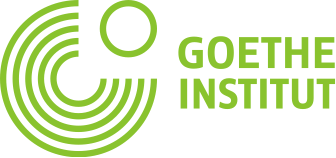
Supported by: ERSTE Stiftung та Charles Stewart Mott Foundation
Lecture by Maurizio Gribaudi. Paris the “Capital of the 19th Century:” Urban Forms and Social Practices
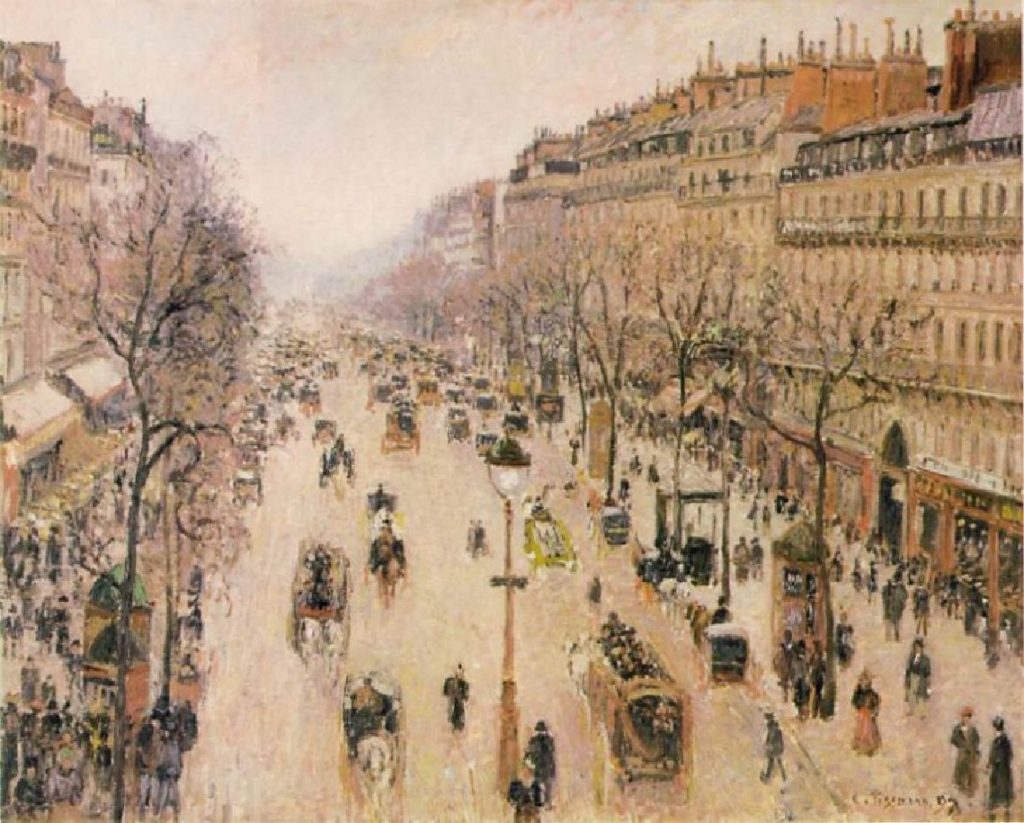
Camille Pissarro. Boulevard Montmartre, 1897.
Thursday, 27 October 2016, 19:00
Paris is known as the “capital of the 19th century.” This idea is represented in the aesthetics of urban leisure, trade revival, the birth of consumer society, as well as the robust policy of urban development, which had ultimately destroyed the former structure of the city.
These aspects are, undoubtedly, important. However, their generalization and expansibility to the whole territory of the city and the whole century contributed to the fact that numerous contradictions and gaps within this process were ignored. Together with the explosive boulevard culture, other forms of modernity and social interaction developed, too. Old central districts, stigmatized by the contemporaries as medieval and unhygienic, were actually populated by active communities with their own hierarchies and forms of social mobility.
In his lecture Maurizio Gribaudi will show how to reveal the complicated dynamics, distinctive of the 19th century Paris urban space, by using different sources.
Maurizio Gribaudi is a historian, demographer, and fellow researcher at the Laboratory of Demography and Social History of the School for Advanced Studies in the Social Sciences (EHESS). He is interested in formation of social communities in urban environment. He also worked on the issue of displacement and migration between the city and the country (in the North of Italy and Parisian Region). He has recently been focused on physical and social dynamics in Paris and France from the end of the 18th century till now. Together with Marc Barthelemy and Julien Perret he is a co-founder of the GeoHistoricalData project.
The lecture continues the course City – Discrimination, Segregation, Integration – French Experience, developed by the French Institute in Ukraine, exploring these issues from historical, sociological, and demographic perspectives.
The lecture will be delivered in French with consecutive interpretation into Ukrainian.
Admission is free
Organizer – l’Institut Français d’Ukraine

Partner – Visual Culture Research Center
Supported by: ERSTE Stiftung та Charles Stewart Mott Foundation
Artist talk by Tobias Zielony
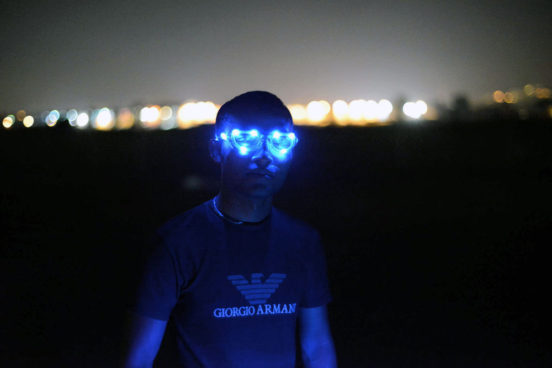
Wednesday, 26 October 2016, 19:00
Tobias Zielony is one of the most discussed artists in contemporary German photography, who came to Kyiv in search of a material for his forthcoming photo-story.
He works on the boundaries between photojournalism and art. He is mainly interested in the processes occurring on the margins of society: boredom, every day survival, latent violence, and fantasies, swarming on the corners of rejected everyday life. He took pictures in the abandoned ghost town in California desert, criminal areas of Naples and Winnipeg, poor districts of Marseille and Bristol. His protagonists are mainly young people and teenagers.
Tobias Zielony was born in 1973 in Wuppertal, Germany. He studied documentary photography in Bristol and artistic photography in Leipzig. Since 2009 he has been a professor of photography at the Academy of Media Arts Cologne.
At the meeting he will speak about his projects, artistic strategy, and understanding of photography.
Working language – English.
Admission is free
Supported by: ERSTE Stiftung and Charles Stewart Mott Foundation
Lecture by Adrian Ivakhiv. Navigating Earth’s “Zone of Alienation”
Tuesday, 25 October 2016, 19:00
Lecture by Adrian Ivakhiv
Navigating Earth’s ‘Zone of Alienation’:
Chernobyl, the Anthropocenic Sublime, and
Images of a Habitable Future
This talk will interpret the Chernobyl nuclear accident and its “Zone of Alienation” (Zona vidchuzhennia) as a microcosm of the explosive tensions held together within the nucleus of the Anthropocene. Its first part will situate the 1986 nuclear accident within a series of nested geo-temporal reference frames, including Western and Soviet “technological sublimes”; Cold War militarism and the post-Soviet resurgence of Westphalian nationalism; cinematic and science-fictional “zones” associated with zombies, “stalkers,” and posthuman futures; and the deep time of the Anthropocene (or Capitalocene, as others have called it). Its second part will deepen the analysis of the Anthropocene as a “time out of joint,” marked by a geography in which “zones of alienation” and of resistance — from Chernobyl and Fukushima to the floodzones of climate change, from sites of “extreme (fossil fuel) extraction” to the movement of “Blockadia” emerging against them — become key points of struggle over the future of the Earth. I argue that at the heart of this struggle is an effort to create “adequate images” (as Werner Herzog has called them) for our time.
Adrian Ivakhiv is the Steven Rubenstein Professor for Environment and Natural Resources, and a Professor of Environmental Thought and Culture, at the University of Vermont. He has published widely in the fields of environmental humanities, cultural and religious studies, and film and media studies. His books include Claiming Sacred Ground: Pilgrims and Politics at Glastonbury and Sedona (2001), Ecologies of the Moving Image: Cinema, Affect, Nature (2013), and the forthcoming Immanence: Philosophical Engagements in the Shadow of the Anthropocene.
The lecture will be delivered in English.
Admission is free
Supported by: ERSTE Stiftung and Charles Stewart Mott Foundation
“The Mendel Beilis Affair” performance-tour
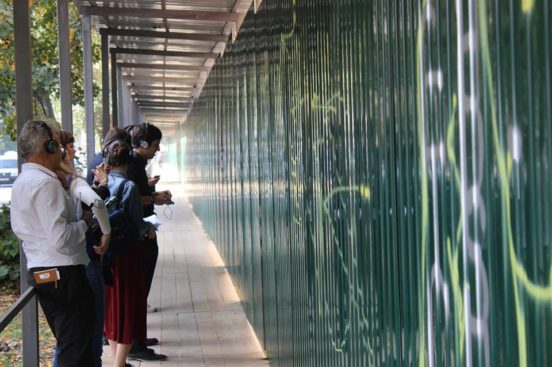
Saturday, Sunday, 22 and 23 of Octobre, 2 pm – 4 pm
In 1911 – 1913, there was a court case brought in Kyiv against Mendel Beilis, a clerk at a brick factory, for the killing of Andrei Yushchinsky, a 12-year-old boy. The accusation emphasized the ritual nature of the killing and imputed the desire to kill a Christian boy to Beilis, a Jew. This case was initiated by right-wing organizations (the Black Hundreds) and, despite experts and witnesses insisting on the absurdity of the accusation, was supported by a number of influential politicians in the Russian Empire.
“The Mendel Beilis Affair” performance-tour is an attempt to walk along the vestiges and meanings of this case, to see its history in contemporary Kyiv.
Authors: Piotr Armianovski, Dmytro Levytskyi
Composer: Jonny Fox
Translation: Daisy Hayes
Voice: Daisy Hayes, Tamara Trunova
Supported by: Bundeszentrale für politische Bildung

History in Hell. Artist talk by Nikita Kadan
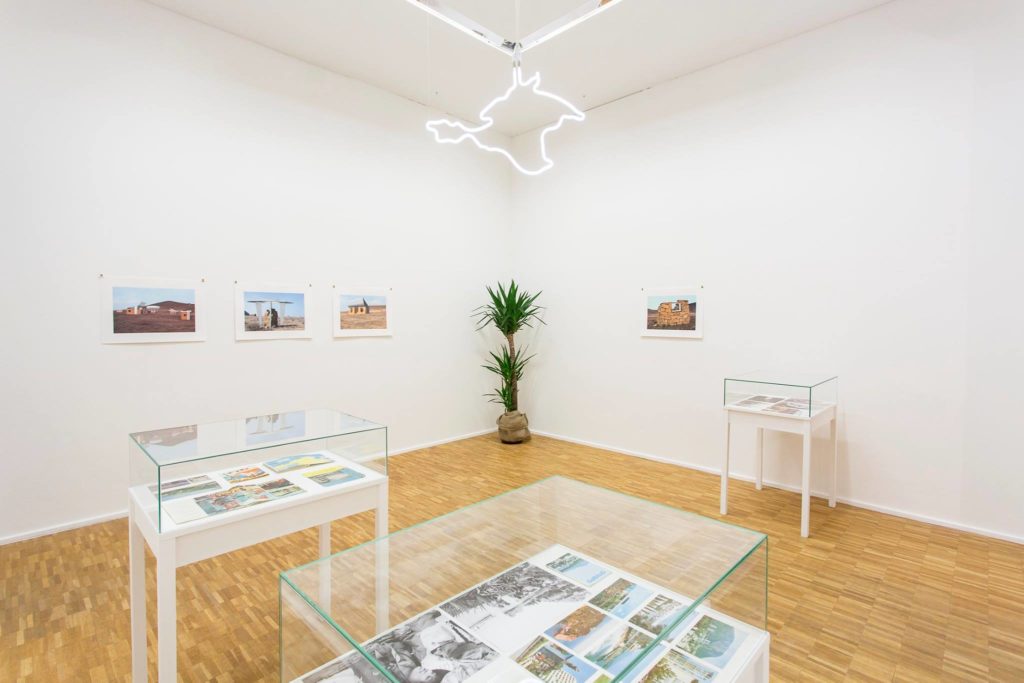
Nikita Kadan. Everybody Wants to Live by the Sea
Friday, 21 October 2016, 19:00
The artist will speak about his 2013–16 projects, such as Everybody Wants to Live by the Sea, Gazelka, Limits of Responsibility, The Possessed Can Testify in Court, The Chronicle series.
These works refer to such issues as expansion of historical museum by contemporary art means; war of various ideological narratives in the common space of historical narrative; recognition of the self as a living archive of different, sometimes dissonant, versions of memory; possibility of the critical museum.
“It is crucial to decide: are you combining information, artifacts, evidence from the past in order to overtake future? Are you responsible for a particular project of the future, so you twist and manipulate the past, shown in the museum, in the name of this future? Is your responsibility not related to the future, but you are, by contrast, highly responsible before the museum matter? Is this matter instrumentalized for external purposes? Or is its truth and sameness a goal in itself? Maybe, the museum is a goal in itself?” – Nikita Kadan in conversation with Larysa Babiy.
Admission is free
Nikita Kadan was born in Kyiv in 1982. In 2007 he graduated from the National Academy of Fine Art and Architecture. He is a member of R.E.P. group and curatorial and activist group Hudrada. He participated in the 14th Istanbul Biennial, 56th Venice Biennial (Ukrainian pavilion). His works are part of such collections as Pinakothek der Moderne (Munich), M HKA (Antwerp), MUMOK (Vienna), Military History Museum (Dresden), Galeria Arsenal (Bialystok). He lives and works in Kyiv.
The talk will take place within the framework of A Visit from Ghosts exhibition.
Supported by: Bundeszentrale für politische Bildung
![]()
ERSTE Stiftung and Charles Stewart Mott Foundation

